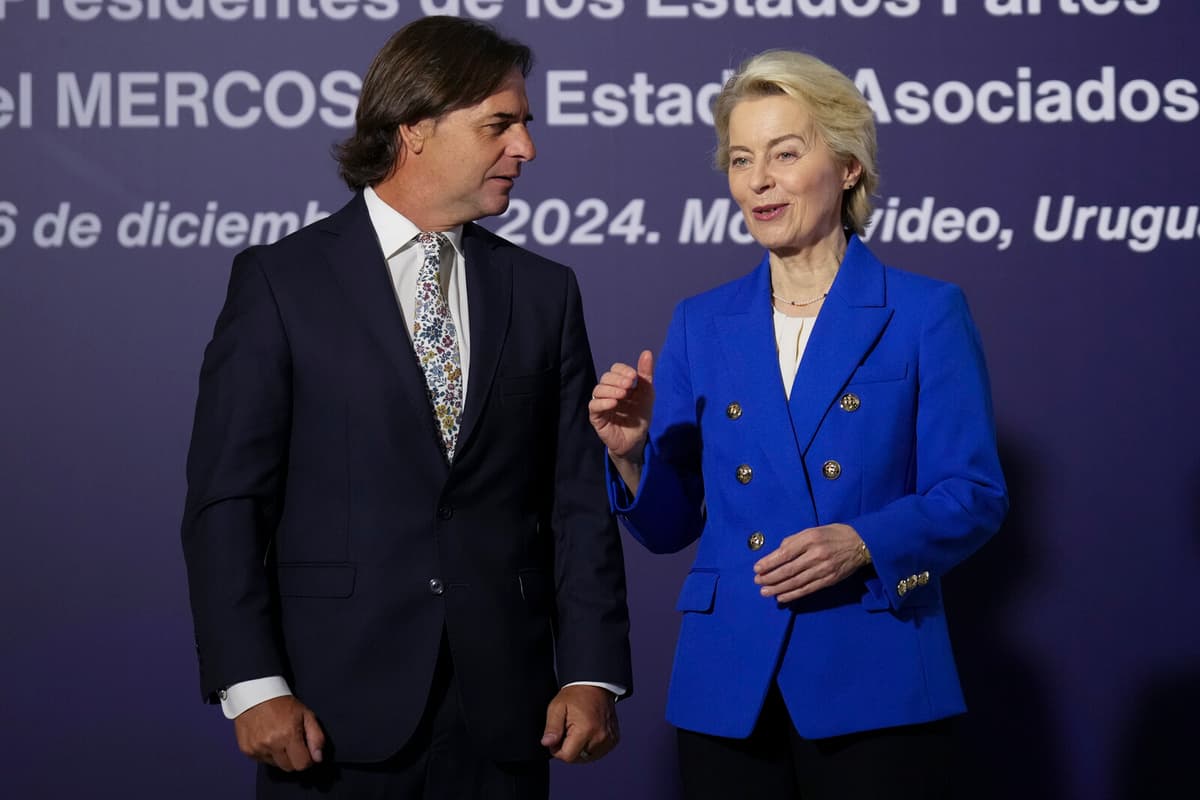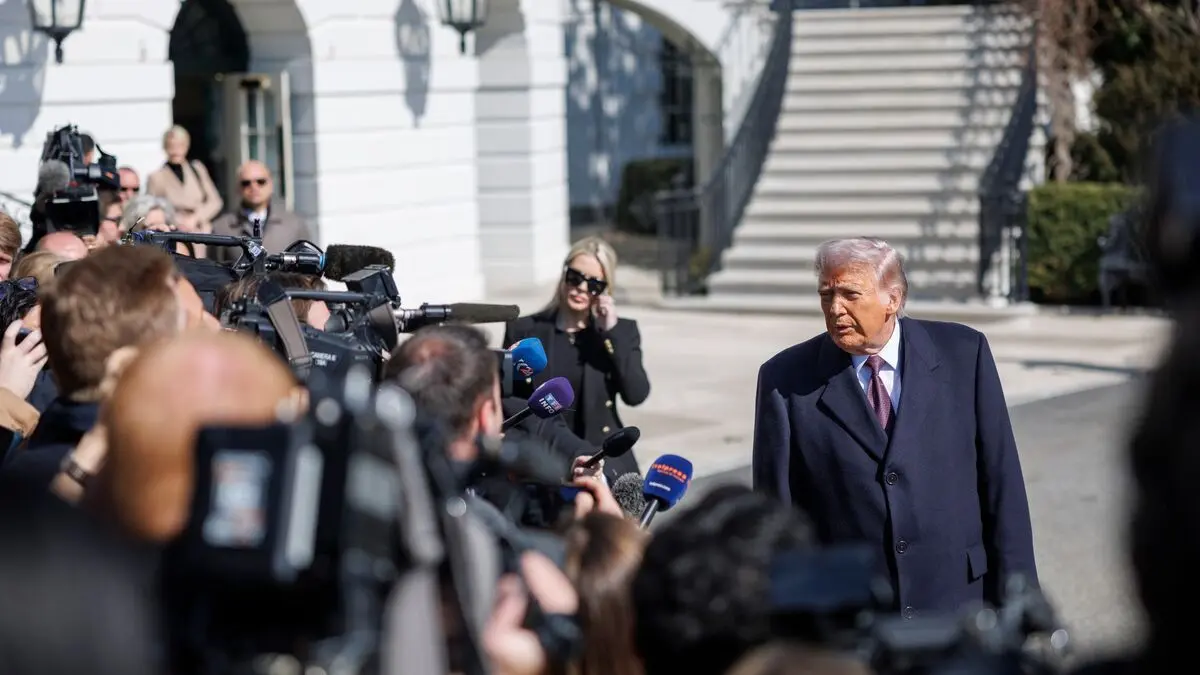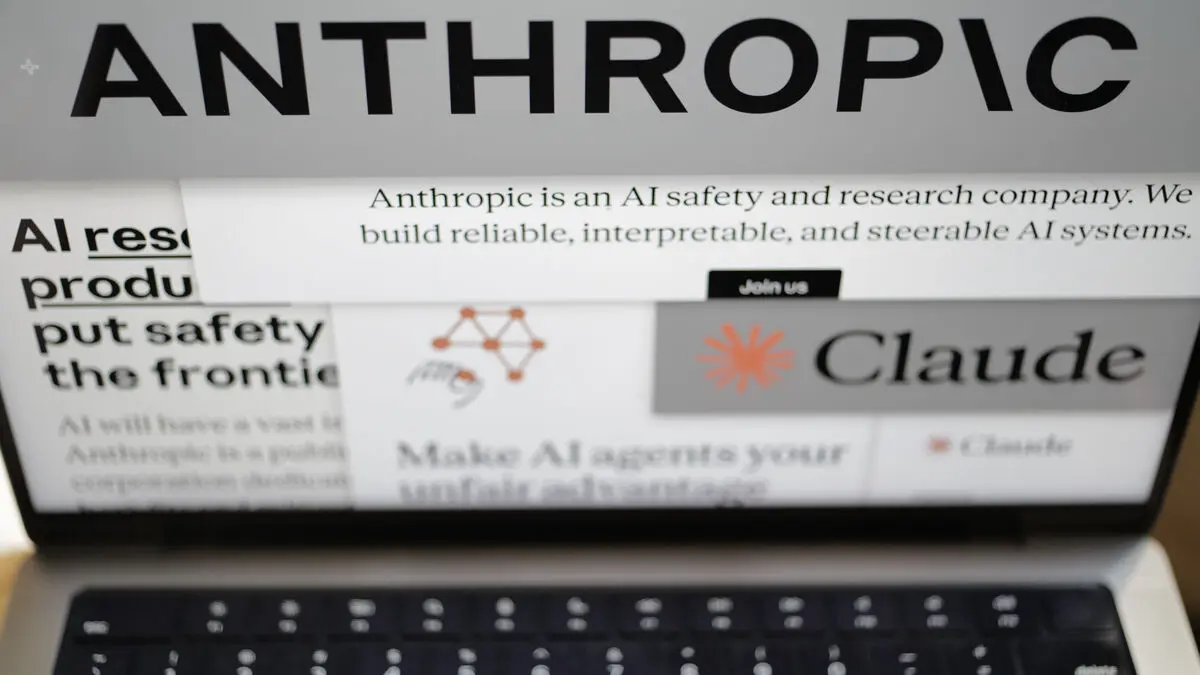The agreement on the agreement that has been negotiated throughout the century was made at a top meeting in Uruguay's capital Montevideo on Friday. A milestone, according to the EU Commission President Ursula von der Leyen.
This is not just an economic opportunity, but also a political necessity, she says.
However, for the agreement to become a full reality, approval is also required from the EU member states and the EU Parliament. Not least in countries such as France, Italy, and Poland, there is strong resistance, with concerns about the consequences of increased food imports from the South American countries.
To try to calm down, von der Leyen sends a special greeting to Europe's farmers at a press conference.
We have heard you, listened to you, and acted. EU and Mercosur is the largest agreement ever when it comes to protection for EU's food products. This will create enormous business opportunities, claims the Commission President.
Sweden has long strongly supported the plans.
One can certainly talk about very large increases in EU trade with these countries, perhaps a doubling of trade in five to ten years, says the Director-General of the Swedish Trade Council Anders Ahnlid after a seminar on trade issues in Brussels on Friday.
At the same time, there are also many critical voices – including Greenpeace.
"A terrible agreement for the global climate", according to the environmental organization.
The EU and Mercosur countries – Brazil, Uruguay, Argentina, and Paraguay, as well as Bolivia since last summer – have been negotiating a free trade agreement since 1999.
A preliminary agreement was reached in 2019 and has now been supplemented with new commitments, including the Paris Agreement in the agreement.
According to the EU Commission, EU companies are expected to be able to save around 40 billion Swedish kronor per year in tariffs with the help of the agreement.






